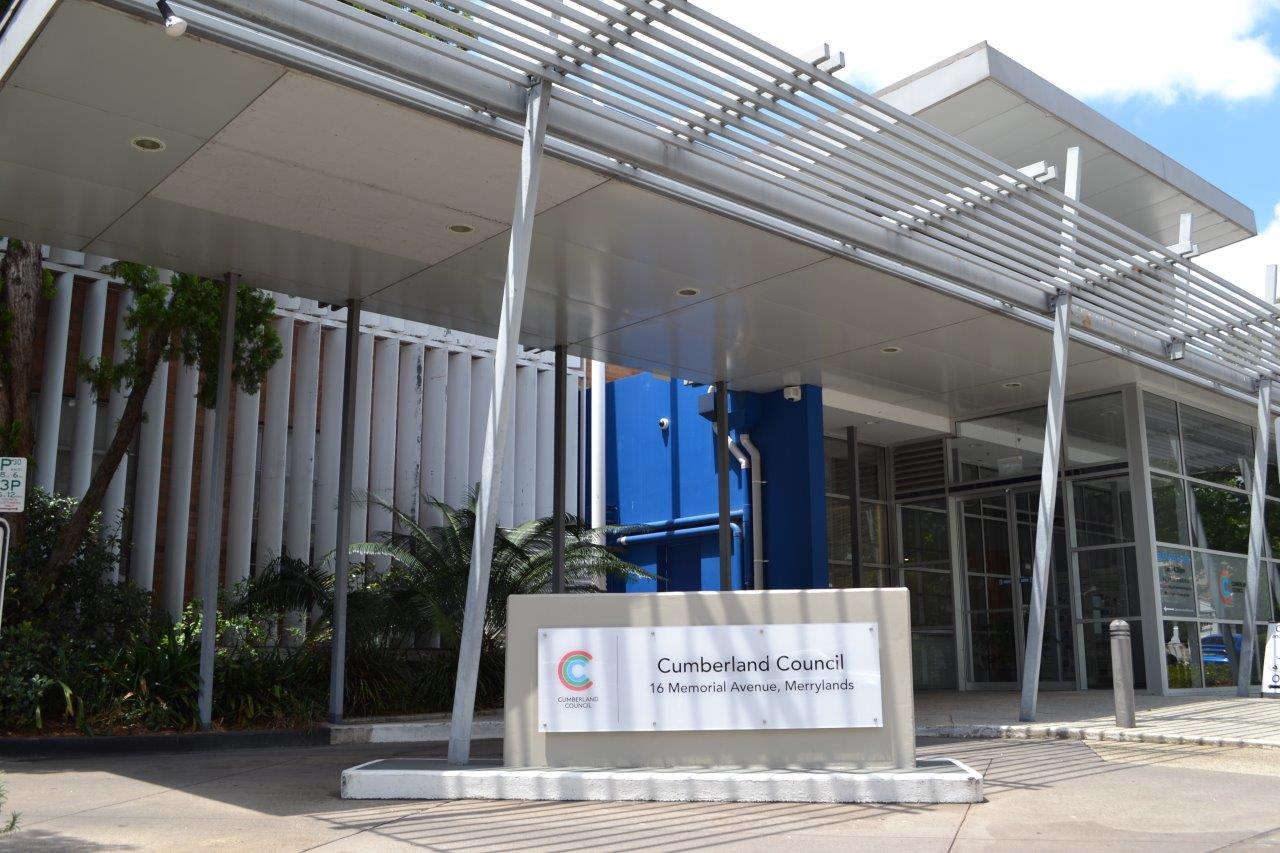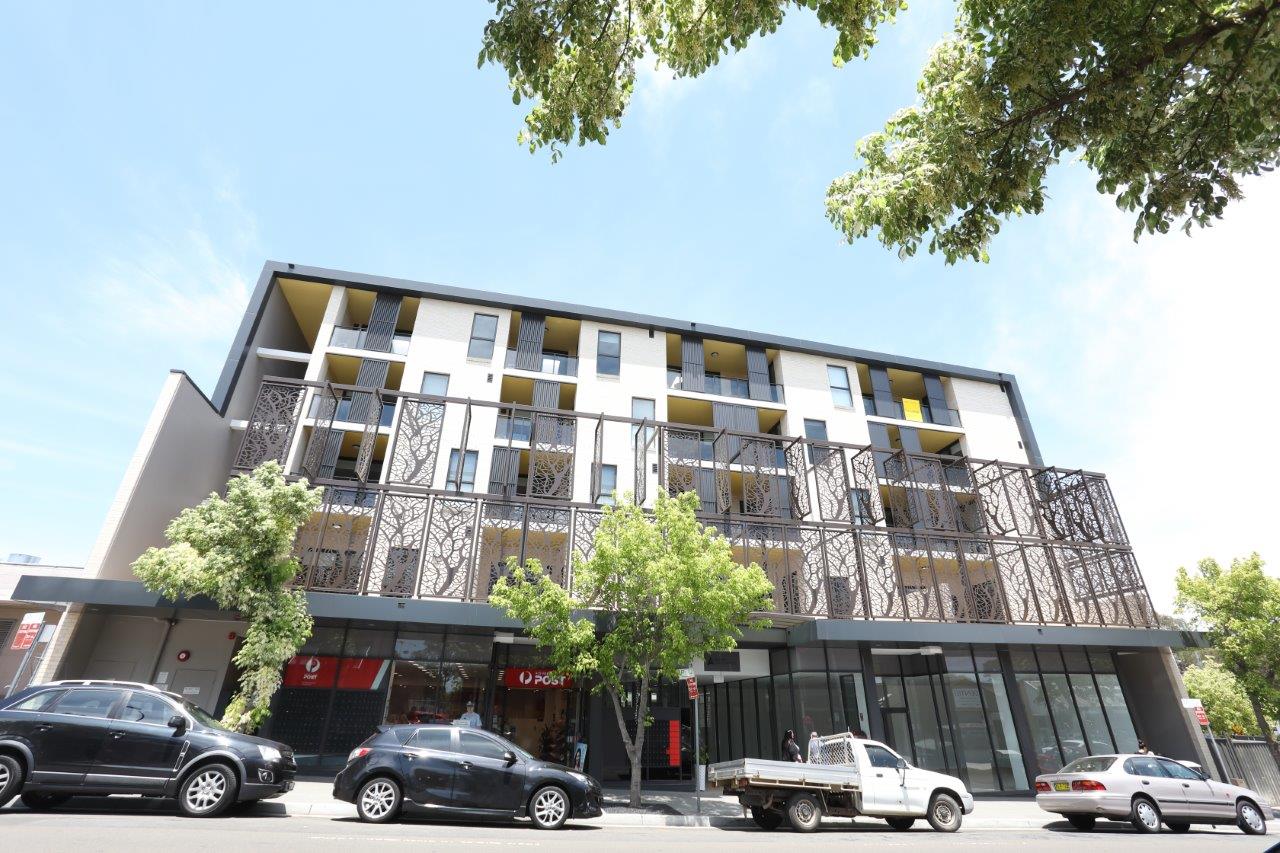
Who can attend Council / Committee Meetings?
Any person can attend a Council meeting or the meeting of a Committee of which all the members are the Administrator(s)/Councillors.
Members of the public are not entitled to attend other types of meetings (eg, committees comprising of Administrator(s)/Councillors and non-Councillor or informal briefing meetings). Councils can make these other meetings open to the public if they choose to do so.
What parts of a meeting are closed to the public?
Council can close its meeting to the public without further discussion to consider the following types of matters:
- Personnel matters concerning particular individuals (not including Councillors)
- Personal hardship of a resident or ratepayer
- Commercial information that would reveal a trade secret, prejudice someone’s commercial position, or give someone an unfair commercial advantage
For any other type of matter, Council must consider the reasons why it would close the meeting to the public and be satisfied that discussion of that matter in an open meeting would, on balance, be contrary to the public interest.
It is irrelevant, when determining whether discussion of a matter in an open meeting would be contrary to the public interest, that:
- A person may misinterpret or misunderstand the discussion
- The discussion may cause embarrassment to the Council, Committee, Councillors, Administrator(s), or Council staff
- The discussion may cause a loss of confidence in the Council or Committee
The Local Government Act 1993 is also clear about whether a Council may receive and consider information or advice concerning litigation or legal professional privilege. A meeting must not be closed for legal advice unless the advice:
- Concerns substantial legal issues relating to a matter in which the Council or Committee is involved
- Clearly identifies those issues
- Fully discusses those issues
Can members of the public have any say on whether a meeting is closed to the public?
Yes. A Council or a Committee may allow members of the public to make representations to or at a meeting, before any part of the meeting is closed to the public, as to whether that part of the meeting should be closed.
How long should the meeting remain closed?
The Local Government Act requires a Council to close their meeting for only so much of the discussion as is necessary to preserve the relevant confidentiality, privilege or security being protected.
How is notice given to the public about matters to be discussed in a closed meeting?
Where the General Manager is of the opinion that items are to be included in a closed part of the Council meeting, the agenda must state the item of business and the reason for it being discussed in a closed meeting. Ultimately, the decision to close a part of a Council meeting rests with the Council. This would mean that the Council may continue to discuss items that have been placed in a closed part of a Council meeting agenda, in open Council. Conversely, where an item has been placed in the open agenda of a Council meeting, the Council may still close the meeting to consider the item, however, only if:
- It becomes apparent during the discussion of a particular matter that the matter is one for which any of the grounds for closure exist
- The Council or Committee, after considering any representations made by members of the public, resolves that further discussion of the matter
- Should not be deferred (because of the urgency of the matter)
- It should take place in a part of the meeting that is closed to the public.
What information must be recorded in the minutes of a Council meeting where decisions have been made in closed Council?
The Local Government Act requires that the grounds on which the part of a meeting is closed to the public must be stated in the decision to close that part of the meeting. This must be recorded in the minutes of the Council meeting. The grounds must specify the following:
- The relevant grounds on which the meeting is being closed
- The matter that is to be discussed during the closed part of the meeting
- The reasons why the part of the meeting is being closed, including an explanation of the way in which discussion of the matter in an open meeting would be, on balance, contrary to the public interest (unless the matter relates to a personnel matter concerning particular individuals, the personal hardship of a resident or ratepayer or a trade secret).
The resolutions of a Council made during a closed part of a meeting need to be recorded in the minutes of that meeting.
Can members of the public access confidential business papers?
No. If a matter is considered in a part of a Council meeting that is closed to the public, the full business papers and reports are generally confidential. Only the resolutions and recommendations from that part of the meeting are automatically available to the public.
If someone requests access to a confidential report under the GIPA Act, Council must consider the public interest to decide whether the information can be released.
When the information in a closed report is no longer confidential:
- The General Manager must publish the business papers on the Council’s website as soon as practicable.
- Before publishing, the General Manager must consult with the Council and any affected persons and explain why the information is no longer confidential.
This ensures that confidential reports remain protected while the matter is sensitive, but are made public once it is appropriate.





